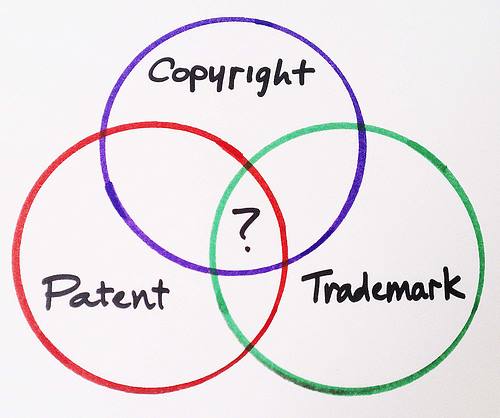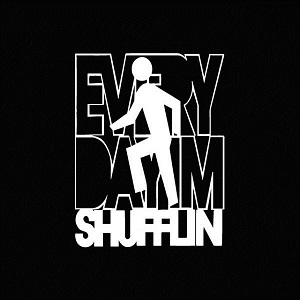[originally published November 5, 2015 at www.law-dlc.com]
Did you know that the Framers of the United States Constitution solidified the rights to copyrights and patents more than two years before the protection of freedom of speech?[1] It is true. The Constitution, signed on September 17, 1787, included the following specific provision:
Congress shall have the power to … promote the progress of science and useful arts, by securing for limited times to authors and inventors the exclusive right to their respective writings and discoveries.[2]







Recent Comments